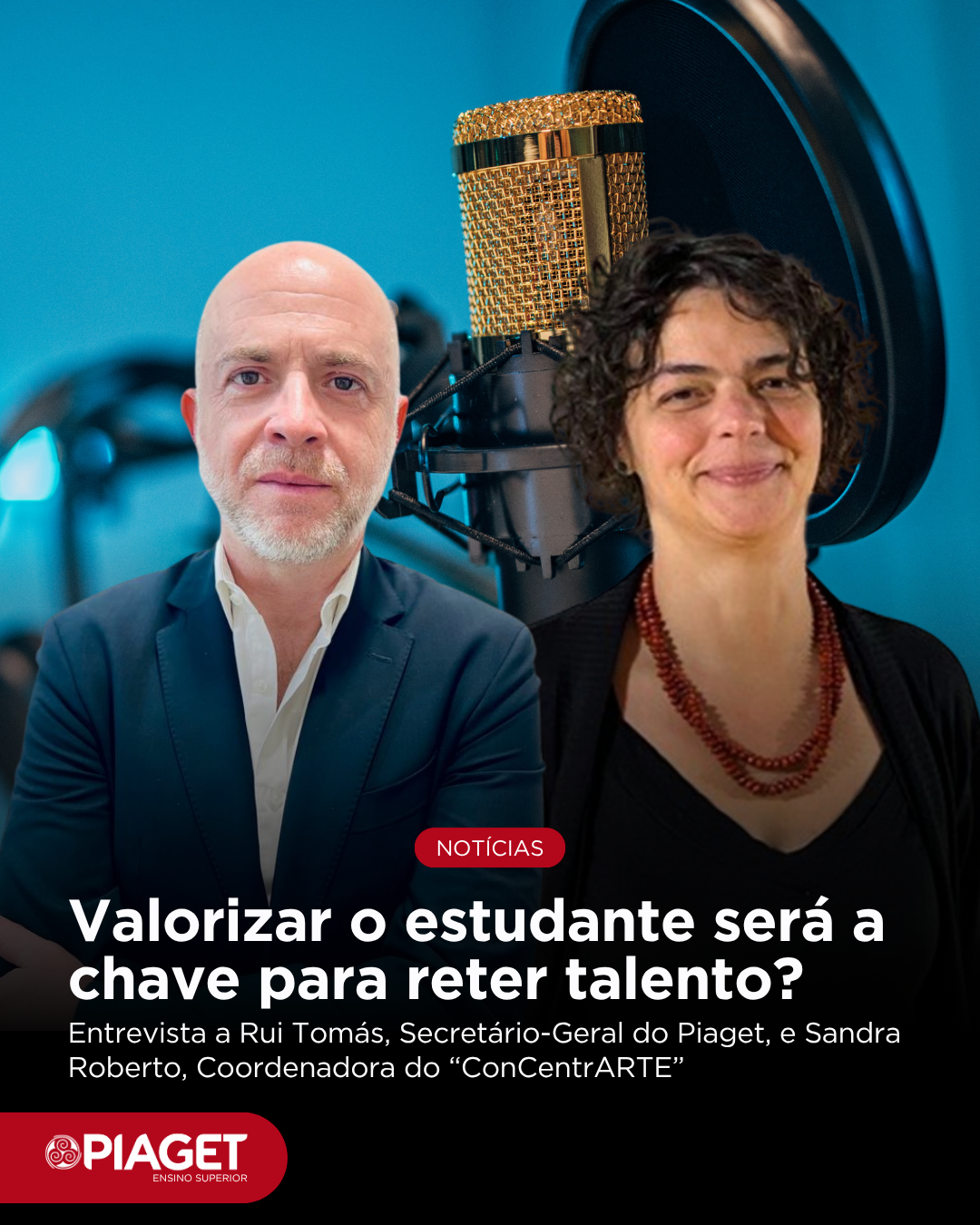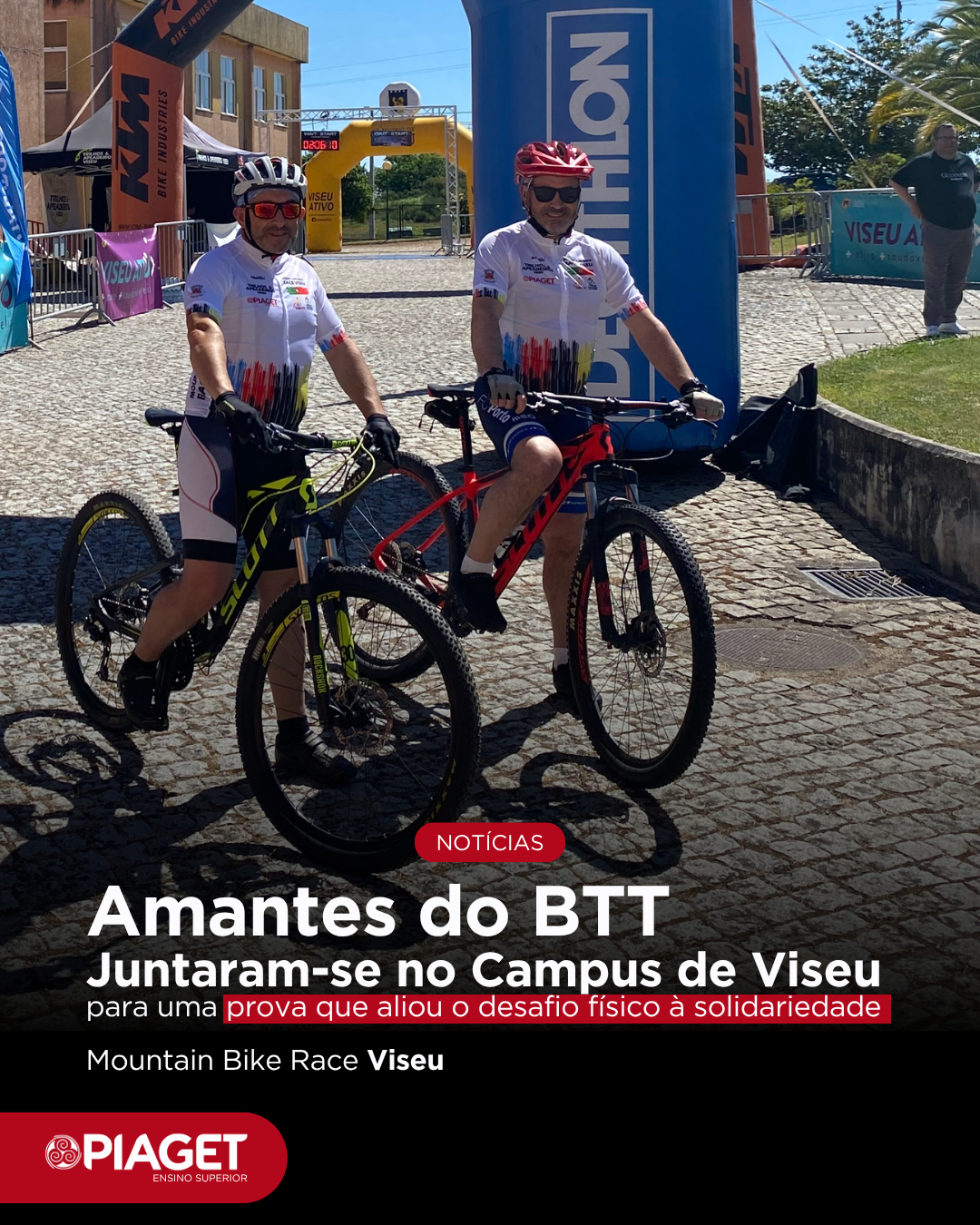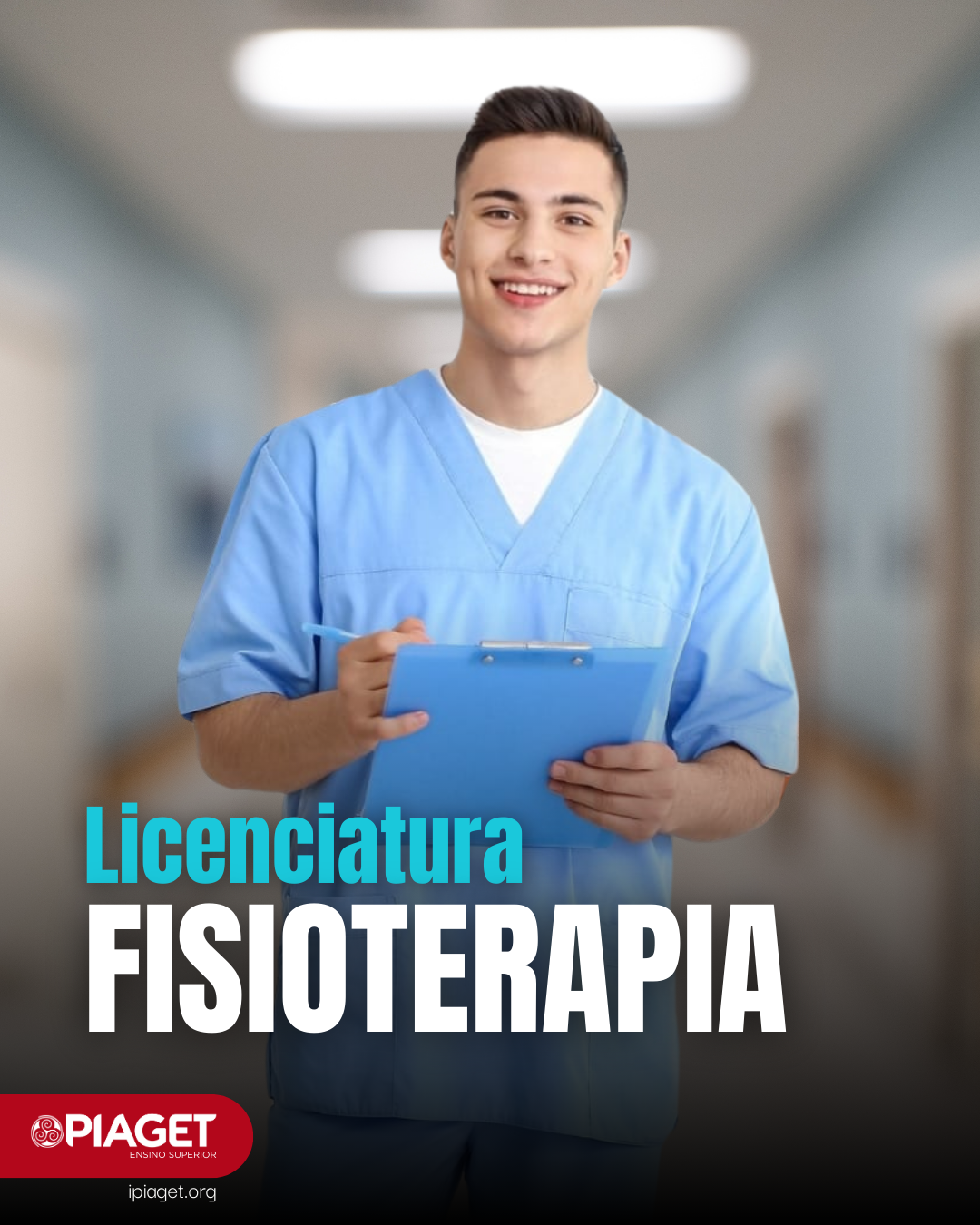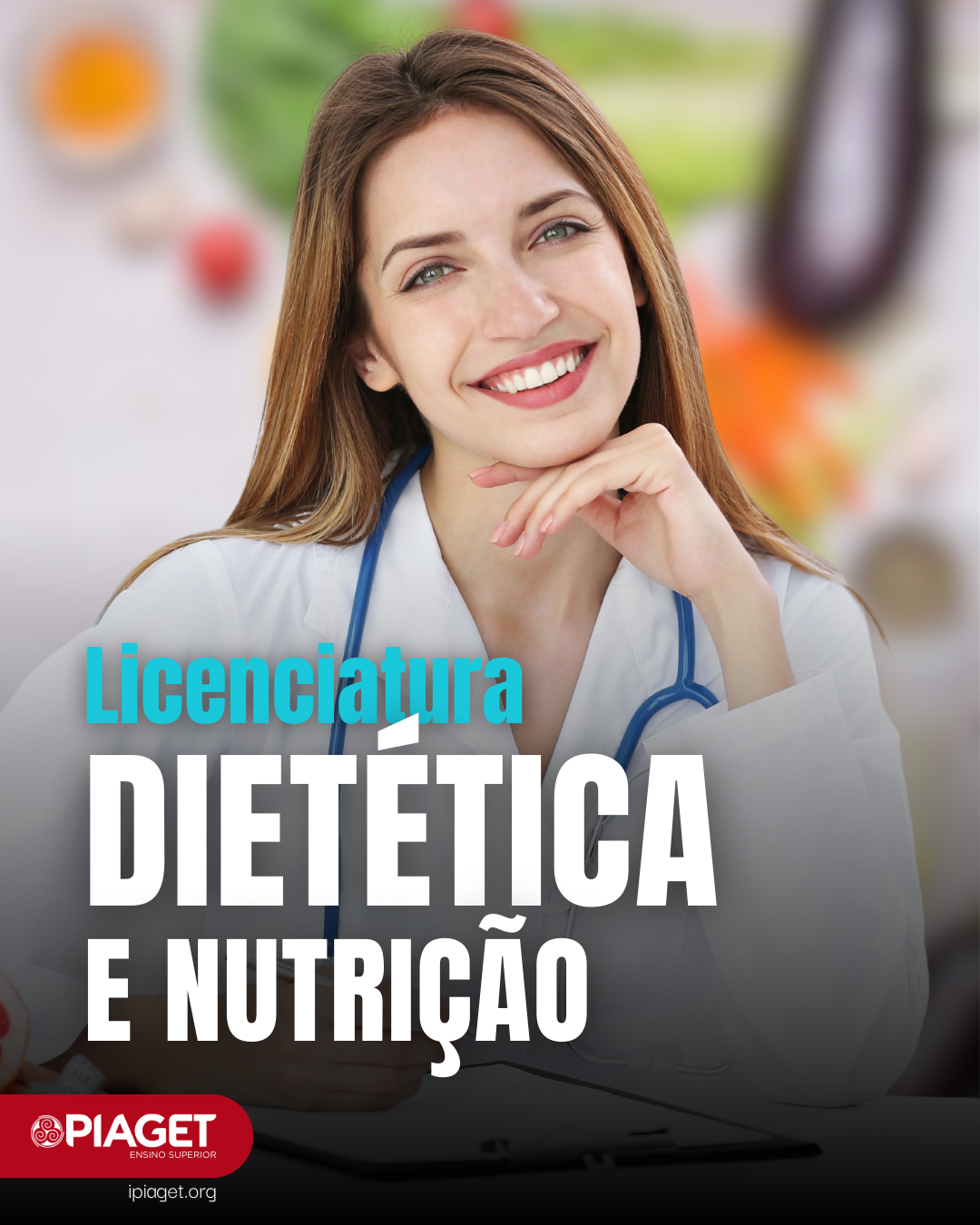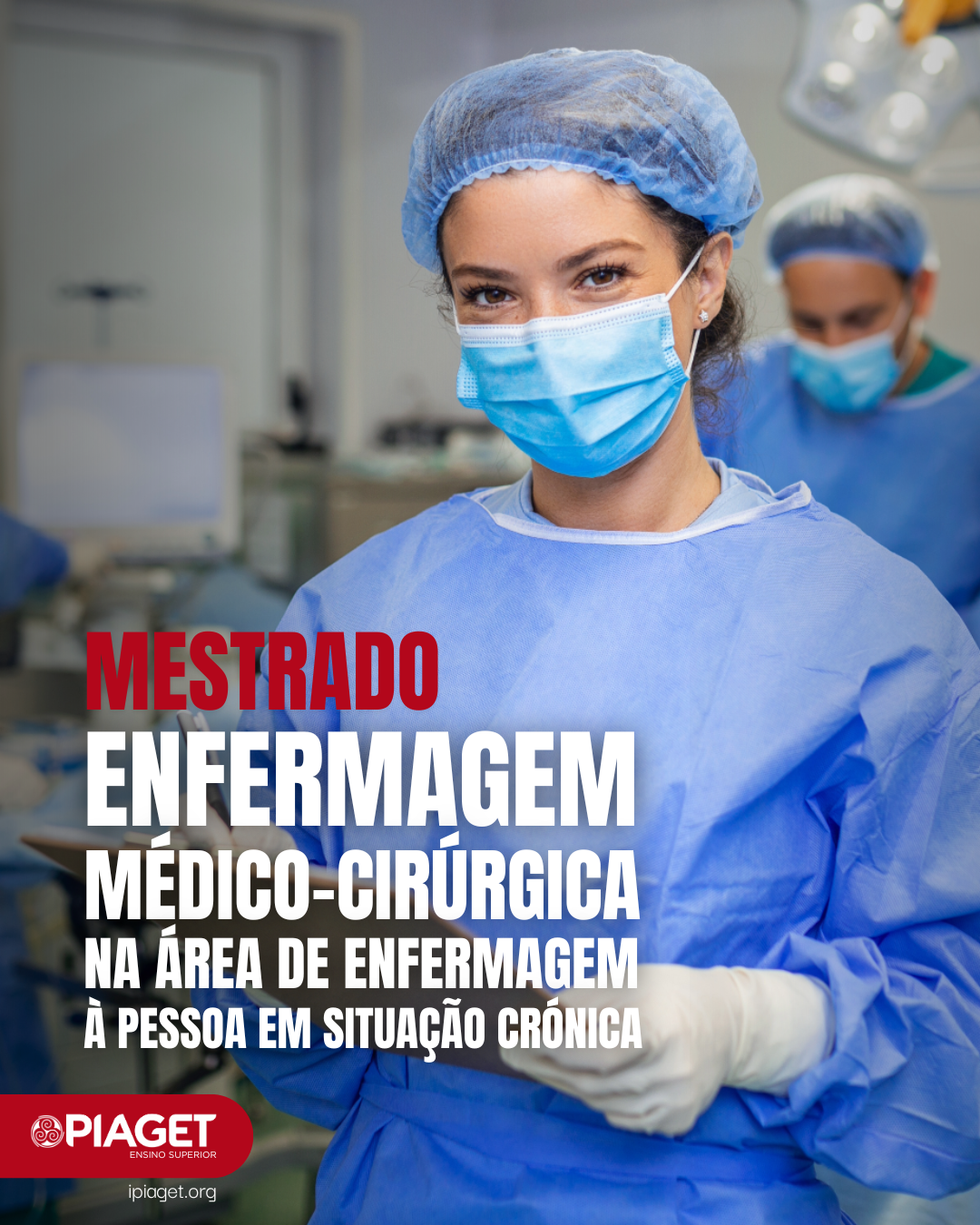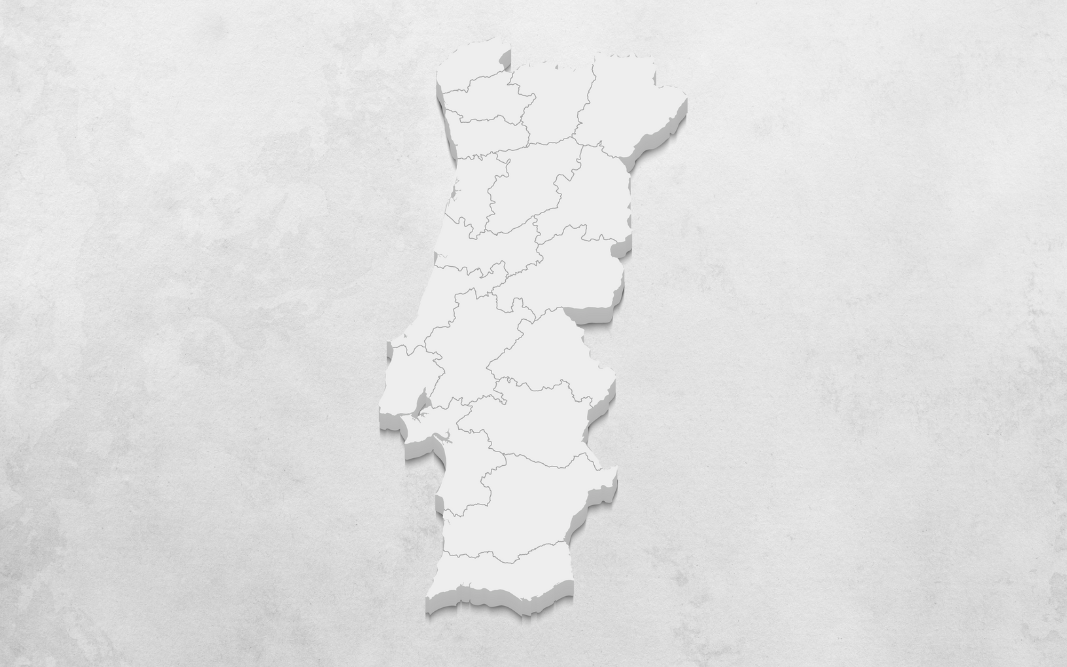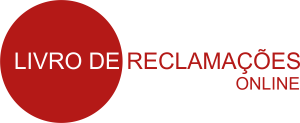Destaques
Segue-nos no Instagram
És atleta federado e queres progredir no ensino superior?
No Piaget, podes contar com uma bolsa de estudo pensada para quem leva o desporto a sério, mas não deixa os estudos para trás.
Acreditamos no teu percurso e damos-te condições para seguires em frente, dentro e fora do campo.
Sabe tudo em
ipiaget.org
#getreadyfortomorrow

O Campus do Piaget de Viseu foi palco da 2.ª edição da Mountain Bike Race, uma prova de resistência e solidariedade que desafiou atletas de todo o país.
Num ambiente de superação e companheirismo, a iniciativa aliou o desporto a uma causa social. Parabéns a todos os participantes e vencedores.
#getreadyfortomorrow

24 de maio - Dia Nacional de Luta contra a Obesidade
Neste dia refletimos sobre a importância de cuidar da nossa saúde através de escolhas equilibradas. A prevenção começa no dia a dia, com hábitos que promovem o bem-estar e a qualidade de vida.
#DiaNacionalDeLutaContraAObesidade #HábitosSaudáveis #Piaget #ipiaget

Ouro para Luana Gomes!
A estudante do Piaget conquistou a medalha de ouro no Campeonato Africano de Ginástica Rítmica e garantiu presença no Mundial, em agosto, no Brasil.
Parabéns, Luana!
#GinásticaRítmica #Ouro #CampeonatoAfricano #CampeonatoDoMundoNoBrasil #Atletas #NotíciasPiaget #Piaget #ipiaget

No dia 3 de junho, o Piaget de Almada abre as portas para um Open Morning dedicado aos cursos de Saúde. Estudantes e familiares terão a oportunidade de conhecer a oferta formativa do ano letivo 2025-2026 e esclarecer todas as dúvidas.
Uma experiência única para descobrir, aprender e dar o próximo passo no teu percurso. Não faltes!
Get Ready for Tomorrow!
Inscrições: eventos.ipiaget.org
#OpenMorning #Saúde #OfertaFormativa #PiagetAlmada #Piaget #ipiaget #almada #lisboa

Alunos diplomados
Cursos
Anos de História
Campi em 3 continentes
Próximos Eventos
EIT Community Hub Portugal promove sessão sobre oportunidades europeias de inovação no Piaget
INSIGHT convida Carolina Dinis, para uma sessão sobre as oportunidades do EIT e a ligação à inovação europeia, no dia 2 de junho. EIT Community Hub Portugal promove sessão sobre [...]
Valorizar o estudante será a chave para reter talento?
Valorizar o estudante será a chave para reter talento? Entrevista a Rui Tomás, Secretário-Geral do Piaget, e Sandra Roberto, Coordenadora do “ConCentrARTE” ConcentrArte: quando a saúde mental se cruza [...]
Campus do Piaget foi palco da Mountain Bike Race Viseu
Campus do Piaget foi palco da Mountain Bike Race Viseu Os amantes do BTT juntaram-se no Campus de Viseu para uma prova que aliou o desafio físico à solidariedade. [...]
Recebe todas as Novidades
Novos cursos, candidaturas, eventos e muito mais.





